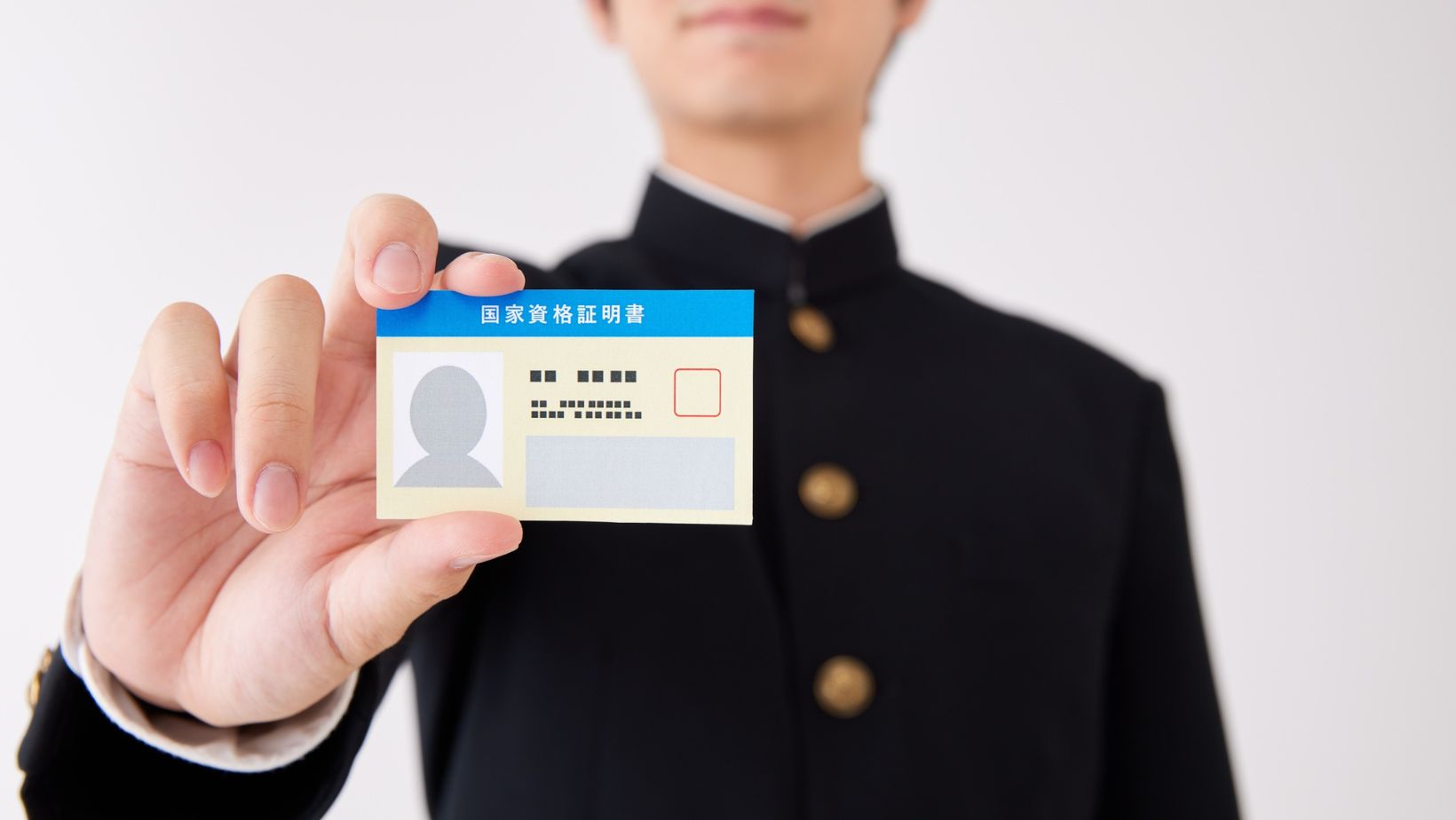Verifying identity during cashouts is a legal requirement for licensed gambling operators. The UK Gambling Commission obliges casinos to confirm a player’s name, age and address before any withdrawal. In Malta, the MGA has enforced the same rules since 2011 under its Anti-Money Laundering Directive. Without identity checks, operators risk losing their licence and players risk blocked payouts. These measures protect both the industry and the customer from fraud, underage gambling and financial crime.
How Operators Handle Verification
At CrocoSlots Online Casino, identity checks are processed through secure portals where players upload documents directly to the casino account page. Most licensed casinos request three standard forms: a government-issued ID, a recent utility bill and proof of payment method. According to KYC compliance reports, more than 80% of withdrawal delays result from incomplete submissions. Operators often approve documents within 24 to 48 hours once the correct files are received in high-quality scans.
Typical Documents Accepted by Casinos
Different regions have slightly different requirements, but the essentials remain the same.

The table shows the most common documents used for verification across regulated markets.
| Document type | Example accepted | Notes |
| Proof of identity | Passport or national ID card | Must be valid and not expired |
| Proof of address | Utility bill or bank statement | Usually issued within last 3 months |
| Proof of payment | Bank card copy or e-wallet ID | Ensures withdrawals match deposit method |
This standardisation reduces fraud risk and ensures that only the account holder can request withdrawals.
Why Verification Delays Occur
Even regulated casinos encounter issues that delay withdrawals. Common causes include blurred document images, mismatched names between banking and casino accounts and expired identification. The European Forum for KYC Compliance states that 35% of rejections happen because of missing expiration dates on submitted ID scans. Players using international banks also experience longer checks due to cross-border anti-money laundering requirements.
Technology Improves Verification Speed
New tools have reduced verification delays. Many casinos now integrate electronic KYC systems powered by AI to scan and validate documents automatically. Jumio and Onfido, two major providers, report that their technology can approve 80% of documents within five minutes. In countries like Sweden, Spelinspektionen encourages operators to use BankID, a government-backed digital ID solution. BankID enables instant verification and is now used in more than 99% of Swedish online casino registrations and cashouts.
Regulatory Standards Differ Across Markets
While the UK and Sweden enforce strict checks, other markets take different approaches. In New Jersey, the Division of Gaming Enforcement requires operators to verify identity within 30 days of registration or before the first withdrawal. In Ontario, iGaming Ontario obliges operators to verify identity at the time of deposit or withdrawal request. These regional variations affect how long players wait for cashouts and what documentation is necessary.
Comparison With Other Payment Methods
Verification rules apply to all payment methods, but their impact differs depending on the channel.
- Bank transfers often require additional proof of account ownership.
- E-wallets such as Skrill usually need a screenshot of the account profile.
- Debit cards require both front and back scans with sensitive digits hidden.
- Cryptocurrencies still require ID checks under anti-money laundering laws.
These differences explain why some payment methods clear faster once documents are verified.
Protecting Personal Data During Verification
Security of personal information is central to the process. Licensed casinos must comply with the General Data Protection Regulation in Europe or equivalent laws elsewhere. Data is encrypted and stored only for the legally required period. According to the UK Information Commissioner’s Office, operators can retain verification documents for up to five years after an account closes. This ensures compliance with financial regulations while limiting long-term exposure of sensitive data.
Long Term Benefits of Early Verification
Submitting documents early benefits both casinos and players. The Responsible Gambling Council in Canada reports that pre-verified accounts process withdrawals up to 60% faster than those requiring last-minute checks. Early verification also prevents disputes, as operators are less likely to flag accounts for irregular activity once identity is confirmed. This makes withdrawals smoother and helps maintain trust between players and operators across regulated markets.


More Stories
Psychological Bridge or How Social Casinos Shape Real Money Gambling Behaviors
Pros and Cons of Desktop and Mobile Casino Gaming in 2025
Progressive Jackpot Terms and the Fine Print Players Skip